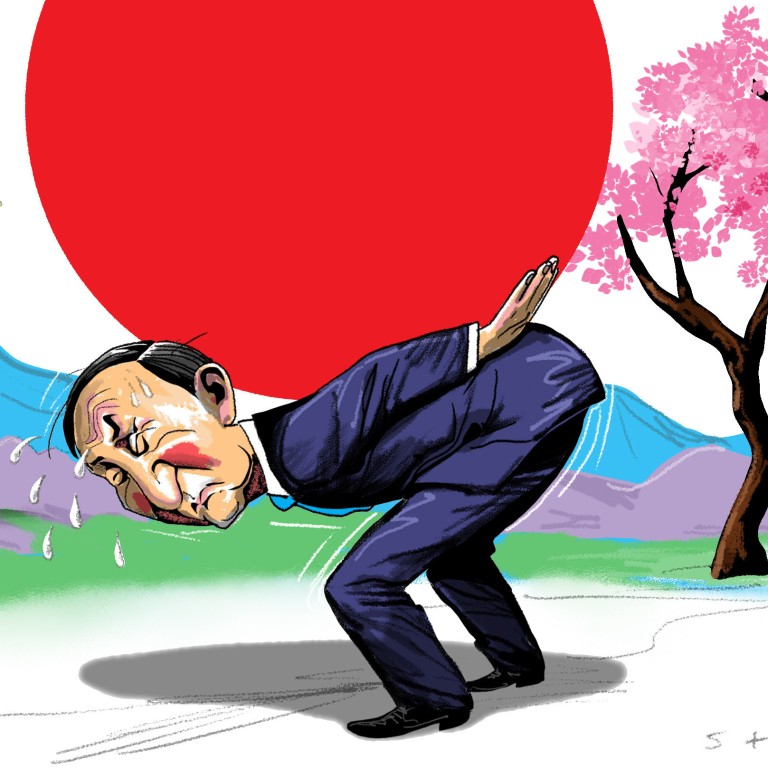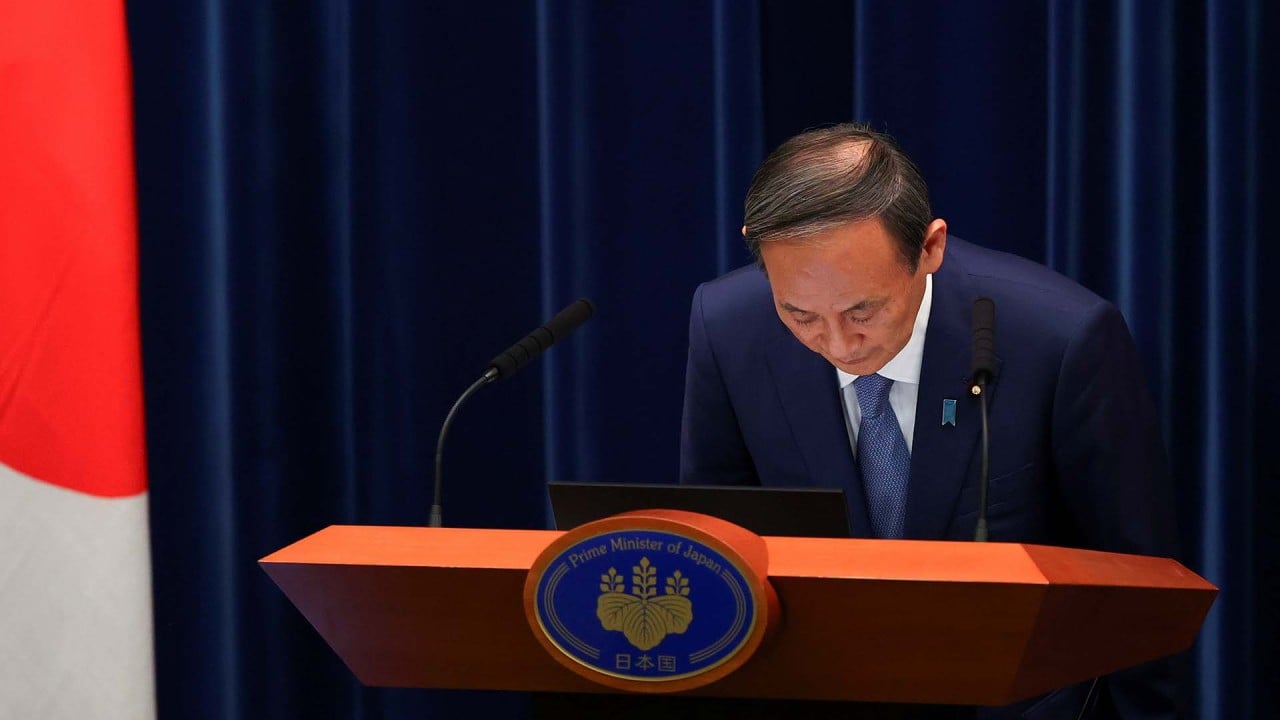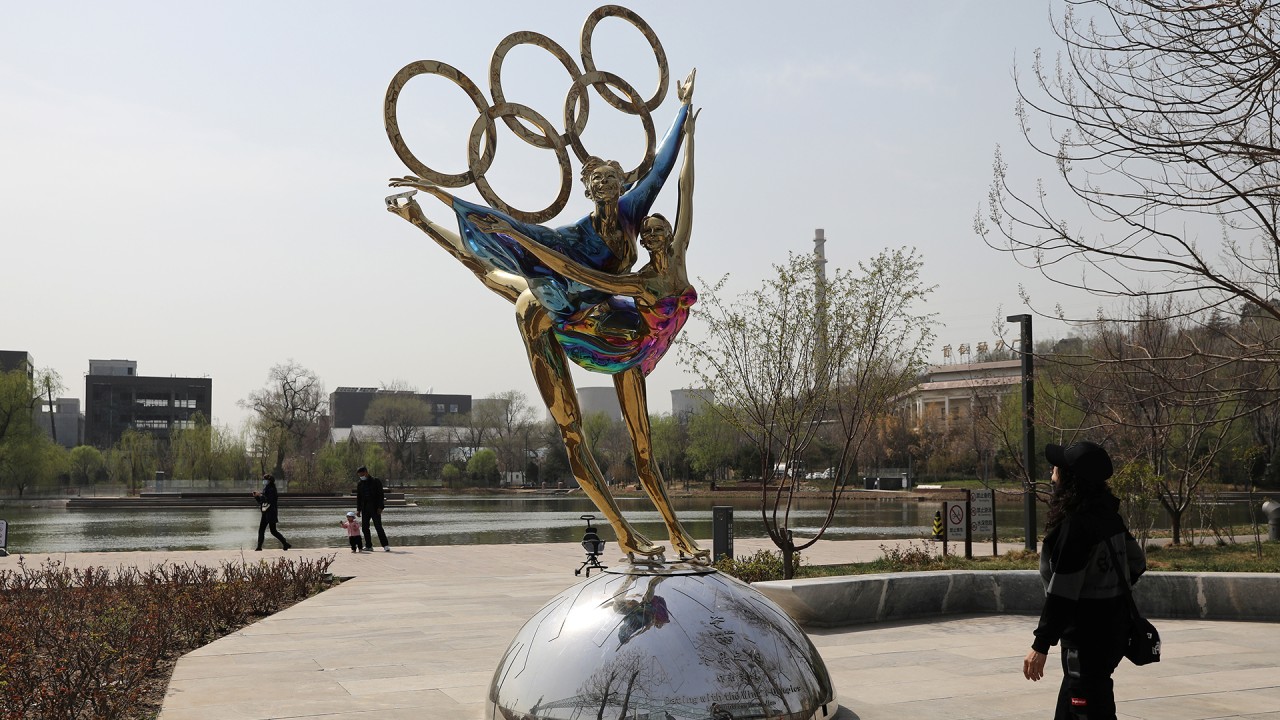
What now for Japan, as Suga steps down as prime minister?
- Shinzo Abe, the country’s longest-serving PM, was always going to be a tough act to follow, and Yoshihide Suga seems to think the job was too big for him
- With his rapid departure, Japan may be facing a return to leadership instability
Prior to that announcement, medical experts had already identified a third wave of infections and urged Suga to act. That he took days to concede their point exposed him to early accusations of indecisiveness.
These would grow louder as the Covid-19 situation worsened. Japan topped 25,000 daily cases for the first time last month.
In addition to the pandemic, a series of scandals also left the prime minister increasingly vulnerable. LDP lawmakers were involved in vote-buying scandals, and Suga’s son was reported to have wined and dined bureaucrats.
These incidents amplified the damage caused by election losses in Hokkaido, Nagano and Hiroshima. In July, the LDP and its coalition partner Komeito failed to secure a majority in the Tokyo metropolitan assembly election.
Perhaps the most critical of these losses was last month’s Yokohama mayoral election. The Suga-backed LDP candidate lost to opposition-backed Takeharu Yamenaka, a former health data scientist who ran on a platform of coronavirus containment measures and opposition to the mooted construction of a casino complex in the city.
Yokohama is considered Suga’s home turf. He cut his political teeth there as a lawmaker in the 1980s, and is a forthright proponent of casinos and tourism. The loss was therefore considered a bellwether of public attitudes towards the prime minister ahead of an upcoming general election.
How the coronavirus may change Japan for good
Abenomics is here to stay even as Abe leaves office
Suga himself, in announcing his resignation, seemed to admit that the job had simply been too big for him. He said: “In the one year since I became the prime minister, I’ve been doing my utmost to tackle various issues, especially on coronavirus measures. The campaign for the LDP presidential election officially kicks off on the 17th, but I realised it would take up enormous energy working on the coronavirus measures and campaigning – it’s impossible to do both.”
Whoever becomes the new LDP leader will also, in all likelihood, become the next prime minister. So far, at least four candidates have announced or signalled their intention to run.
Former foreign minister Fumio Kishida, 64, has pledged to shorten the terms of LDP executives to three years as a way of injecting youth into the party leadership.
None of the likely candidates, including former defence minister Shigeru Ishiba, 64, and vaccine tsar Taro Kono, 58 – and possibly even a returning Abe, 66 – are exactly at the youthful end of the LDP leadership spectrum.
Shinjiro Koizumi, 40, son of popular former prime minister Junichiro Koizumi, was once considered a likely heir. However, after a series of gaffes as environment minister, he has fallen out of favour.
Whatever else Abe might represent, his lengthy stint at the helm at least made him a safe pair of hands.
With Suga’s rapid departure, it is feared that there might be a return to pre-Abe levels of leadership instability.
Will Fee is a journalist and researcher based in Tokyo



